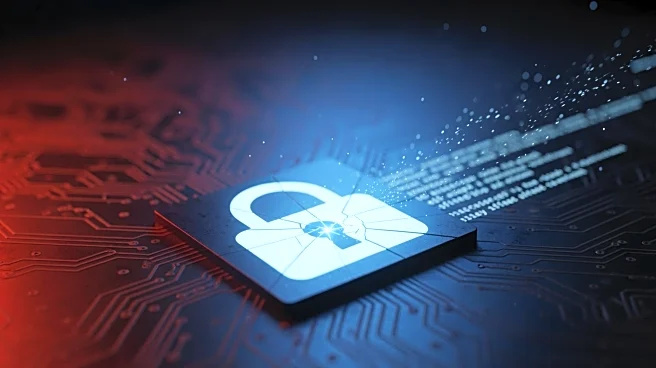Rapid Read • 9 min read
Russia is increasingly tightening its control over internet access within the country, employing a range of strategies to restrict and monitor online activities. This includes blocking websites, banning platforms that do not comply with government regulations, and implementing technology to manipulate online traffic. Recent measures have seen widespread shutdowns of cellphone internet connections and the introduction of laws punishing users for searching for content deemed illicit. President Vladimir Putin has urged the government to restrict foreign internet services, further isolating Russia's internet from the global network. Experts and rights advocates have expressed concern over the scale and effectiveness of these restrictions, noting that the Kremlin is edging closer to achieving full control over the internet in Russia.
AD
The increasing control over internet access in Russia has significant implications for freedom of expression and access to information. By isolating the internet, the Russian government is limiting its citizens' ability to access independent media and communicate freely, which could stifle dissent and restrict civil liberties. This move also impacts global internet infrastructure, as Russian websites powered by foreign hosting providers may become inaccessible. The consolidation of internet providers and the criminalization of certain online searches further exacerbate the situation, potentially leading to a more controlled and censored online environment. These developments could have long-term effects on Russia's digital landscape and its relationship with the global internet community.
The Russian government may continue to implement measures to further isolate its internet from the rest of the world. This could include blocking popular platforms like WhatsApp and promoting domestic alternatives such as the MAX messenger. The consolidation of internet providers and the criminalization of online searches may lead to increased censorship and monitoring of online activities. As the government strives to control the internet space, businesses and individuals may face challenges in accessing global platforms and services. The international community may respond with increased scrutiny and pressure on Russia to uphold digital rights and freedoms.
The ethical implications of Russia's internet control are profound, as it raises questions about the balance between national security and individual freedoms. The government's actions may set a precedent for other countries seeking to control online spaces, potentially leading to a global trend of increased internet censorship. The cultural impact is also significant, as restricted access to information can limit cultural exchange and understanding. Long-term shifts in Russia's digital landscape may affect its technological development and innovation, as isolation from global networks could hinder progress.
AD
More Stories You Might Enjoy












